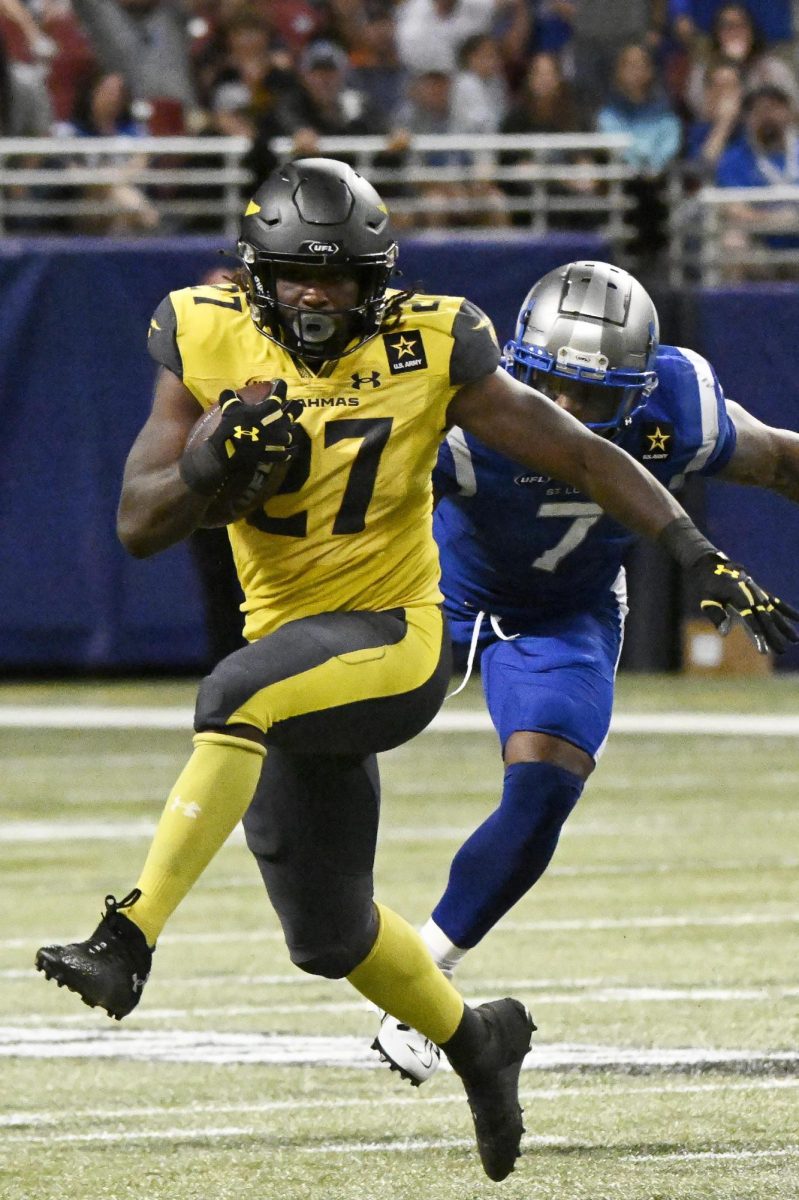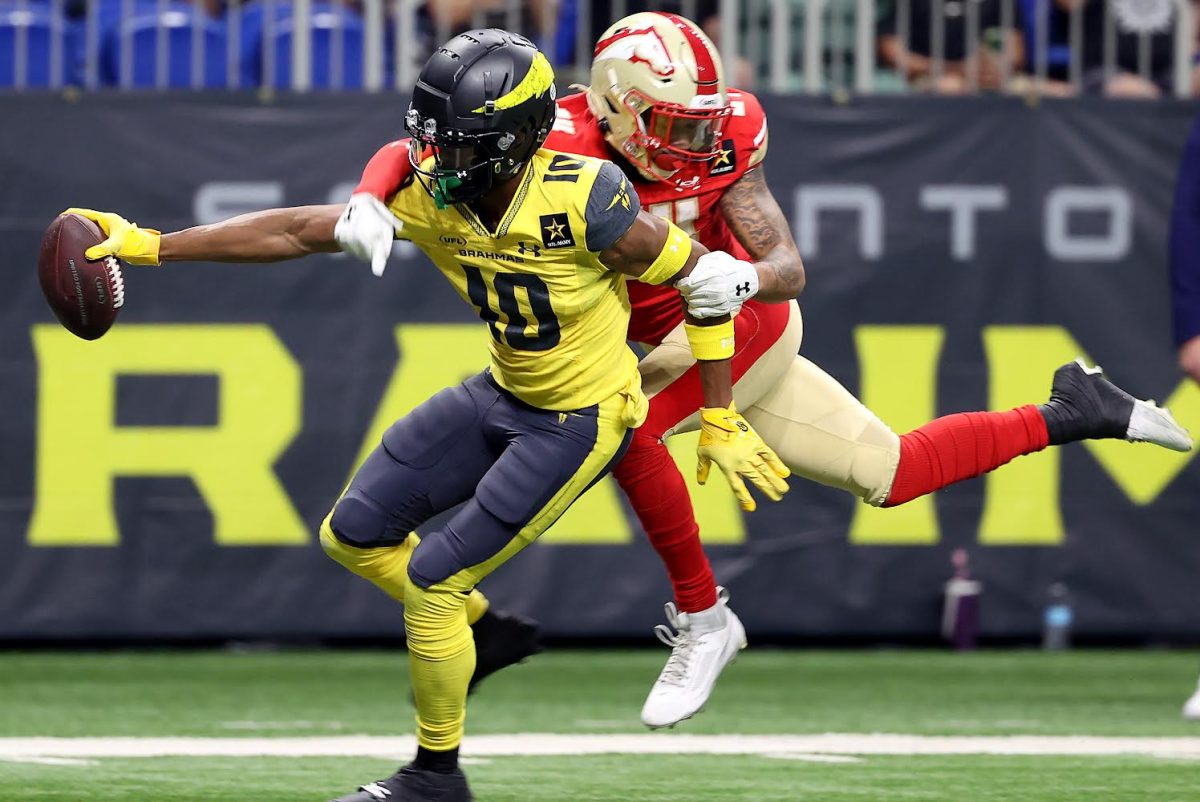

“UTSA is a first-class university; it deserves a first-class football team,” Head football Coach Larry Coker said.
In the interest of developing just such a team, Coker has been racking up working hours dedicated to the short-term goals of recruiting and fundraising. In fact, Coker’s daily routine is divided into those two distinct interests: recruiting players and raising money.
“Each day I dedicate time to recruiting, and then I dedicate time to fundraising,” he said.
The tasks can be time-consuming and difficult, but they seem to be paying off for Coker and UTSA.
UTSA currently has 12—out of Coker’s stated goal of 25—commitments for the 2011 season, some from last year’s recruiting efforts. Recruits for this academic year cannot officially sign until Feb. 3, 2010, although UTSA has several verbal, nonbinding commitments.
Additionally, because the NCAA prohibits face-to-face contact with recruits until December, the football staff has been busy with the process of evaluating prospects.
The recruiting efforts by the football staff have been expansive: the staff has visited over 200 high schools throughout Texas, and, when interviewed, Coker said he had called 50 recruits the night before alone. Much of the efforts have been and will continue to be focused on San Antonio-area players. In fact, 10 of the 12 committed recruits attend high schools in San Antonio (of the remaining two, one is from Dallas, the other from out-of-state).
So, what is Coker looking for in his recruits?
Athletes, mostly. Versatility is a big plus in recruits. Coker is reverting to traditional Texas football—smash-mouth football. He plans on installing a base 4-3 defense, which means that a good number of very large linemen will soon be shaking the ground beneath UTSA. On the other side of the ball, Coker will install an offense that usually operates with a tight end and a running back, although he is not averse to increasingly common spread formations and will occasionally implement them.
He is also still recruiting coaches to fill his staff, which currently contains three assistant coaches.
In order to fill recruiting needs, Coker has been relying on old
connections with Texas high school coaches that he built during his time at Oklahoma and Miami. The connections form a vital network for finding recruits; however, they are not the only factor at work.
“I think it does help when players know that ‘Oh yeah, you coached [NFL All-Pro receiver] Andre Johnson. You coached [NFL All-Pro safety] Ed Reed.’ Even though they can’t actually recruit for me, I think that carries a lot of weight,” Coker said.
Having coached the top receiver and the top safety in the NFL right now certainly seems like it will not do much harm to recruiting. Recruiting is just one aspect of the equation, though; fundraising is the other dominant component.
In order to raise money, Coker and others (e.g., Lynn Hickey, UTSA director of athletics) have been speaking to and visiting programs for both alumni and the general public. Because of UTSA’s youth—the university is only 40 years old—the university does not necessarily have the wealthy patrons that other similarly sized, older schools have.
However, Coker has voiced a deep appreciation for the San Antonio community. He believes it has been extremely helpful in a multitude of ways, including being financially generous, which is why he is optimistic about meeting the $15 million fundraising goal set last year.
“Everybody’s been contributing, even the people who went to college somewhere else,” Coker said.









